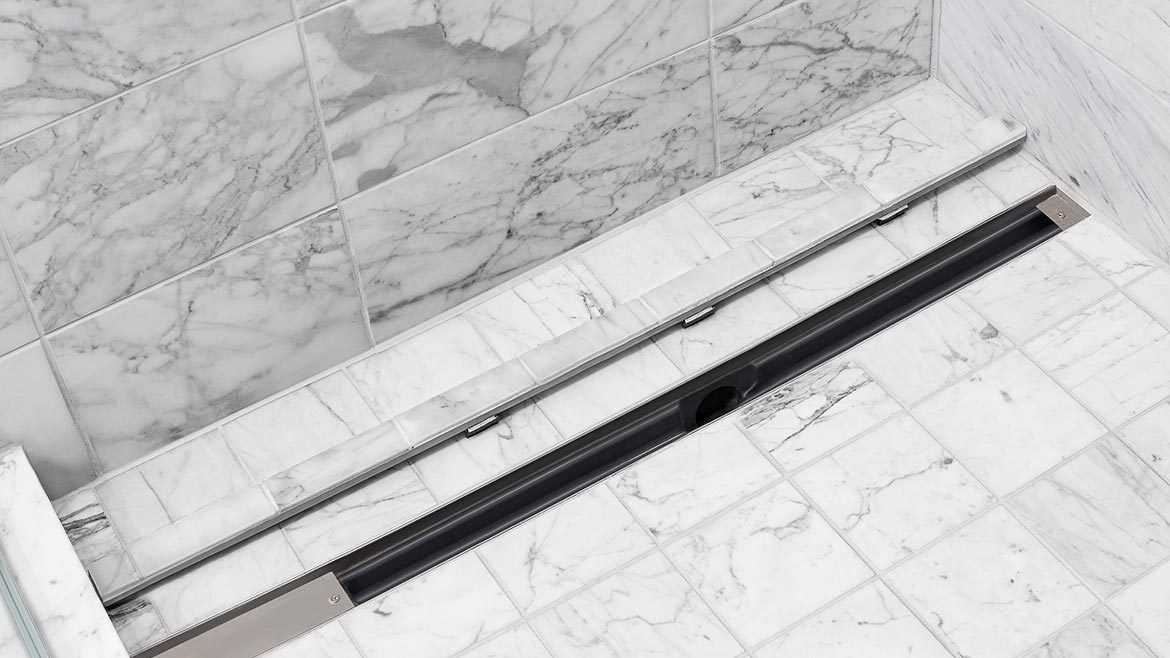In a strong signal that housing is leading the economic recovery, builder confidence in the market for newly-built single-family homes increased five points to hit an all-time high of 83 in September, according to the latest NAHB/Wells Fargo Housing Market Index (HMI). The previous highest reading of 78 in the 35-year history of the series was set last month and also matched in December 1998.
"Historic traffic numbers have builders seeing positive market conditions, but many in the industry are worried about rising costs and delays for building materials, especially lumber," said NAHB chairman Chuck Fowke, a custom home builder from Tampa, Fla. "More domestic lumber production or tariff relief is needed to avoid a slowdown in the market in the coming months."
"Lumber prices are now up more than 170 percent since mid-April, adding more than $16,000 to the price of a typical new single-family home," said NAHB chief economist Robert Dietz. "That said, the suburban shift for home building is keeping builders busy, supported on the demand side by low interest rates. In another sign of this growing trend, builders in other parts of the country have reported receiving calls from customers in high-density markets asking about relocating."
Derived from a monthly survey that NAHB has been conducting for 35 years, the NAHB/Wells Fargo Housing Market Index gauges builder perceptions of current single-family home sales and sales expectations for the next six months as "good," "fair" or "poor." The survey also asks builders to rate traffic of prospective buyers as "high to very high," "average" or "low to very low." Scores for each component are then used to calculate a seasonally adjusted index where any number over 50 indicates that more builders view conditions as good than poor.
All the HMI indices posted their highest readings ever in September. The HMI index gauging current sales conditions rose four points to 88, the component measuring sales expectations in the next six months increased six points to 84 and the measure charting traffic of prospective buyers posted a nine-point gain to 73.
Looking at the three-month moving averages for regional HMI scores, the Northeast increased 11 points to 76, the Midwest increased nine points to 72, the South rose eight points to 79 and the West increased seven points to 85.
HMI tables can be found at nahb.org/hmi. More information on housing statistics is also available at https://www.nahb.org/News-and-Economics/Housing-Economics-PLUS (formerly housingeconomics.com).




